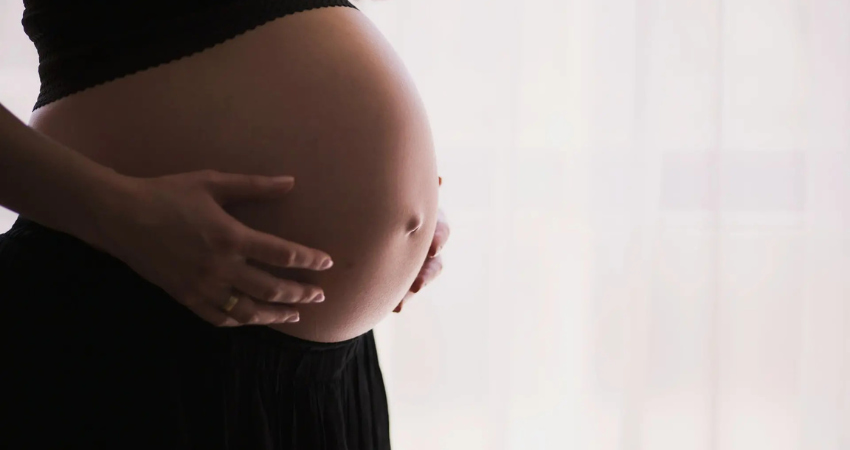Just as the saying goes, ‘it takes a village to raise a child’, welcoming a baby can be quite a life-altering experience for a couple! Knowing their maternity and paternity rights is crucial for couples as they navigate this special occasion in their lives.
Concurrently, operating legally and ethically in the UAE necessitates that business owners have a thorough understanding of paternity and maternity rights.
It is crucial for employees and employers to be aware of the relevant jurisdiction’s employment law provisions which apply to their employment to ensure understanding of maternity and paternity leave rights.
The Federal Decree-Law No. 33 of 2021 on the Regulation of Labour Relations (the “Federal Labour Law”) is the main legislation currently relating to maternity and paternity rights of private-sector employees in the UAE mainland. It is important to note that the two distinct UAE financial freezones, namely, the Dubai International Financial Centre (DIFC) and the Abu Dhabi Global Market (ADGM), have their own employment law and regulations governing employment matters- the Federal Labour Law is not applicable to companies operating in the DIFC or the ADGM.
Therefore, it is important to note that the business location of the company (employer) in the UAE will determine the applicable employment laws and regulations.
Our discussion in this blog post encompasses the Federal Labour Law and the specific legal landscape for DIFC employers.
Parental leaves under the Federal Labour Law:
Under the Federal Labour Law, every working woman is entitled to maternity leave with full pay for the first 45 days, and half-pay leaves for the following 15 days. A new mother can take up to 45 days additional days off, without pay, for illness related to pregnancy or childbirth. Once she gives birth and resumes work, she is entitled to take additional breaks to nurse her child- a total of one hour off in one or two breaks to nurse her child. Importantly, these nursing breaks, which do not result in any loss of pay, can be utilized for up to 6 months post-delivery.
Mothers of a sick or “special needs” child (people of determination) requiring a continuous companion are also entitled to 30 days leave with full pay starting after the end of the maternity leave period (renewable for a further 30 days without pay).
Besides the maternity leave benefits, it is very interesting to highlight that new parents (yes, fathers included!) can take up to 5 days off at their convenience to care for their newborn. These parental leaves can be claimed by employees at any point, for consecutive or intermittent days, within a period of 6 months from the date of the child’s birth.
Maternity and Paternity Leaves under the DIFC Employment Law:
Under the DIFC Employment Law (DIFC Law No. 2 of 2019 read with the DIFC Employment Regulations 2020), female employees are entitled to 65 working days of maternity leave – first 33 working days is full pay (100%), following 32 working days is half pay (50%).
A female employee is eligible for the maternity leave entitlement provided that she has: (i) completed 12 months of continuous service prior to the expected week of childbirth; (ii) provided written notification of her pregnancy at least 8 weeks prior to the expected week of childbirth; (iii) provided a certificate from a medical practitioner confirming the expected birth date; and (iv) notified her employer in writing at least 21 days prior to the day on which she intends to begin her maternity leave.
New fathers are also entitled to up to 5 working days of paternity leave. Interestingly, the maternity and paternity leave entitlements can also be claimed by a couple adopting a child under five years of age.
To understand one’s rights and entitlements, the employment contract terms must also be examined besides the provisions of the DIFC Employment Law. Nothing in the applicable DIFC law prevents a DIFC employer from providing contractual terms that are more advantageous to an employee than those required by the law. Therefore, employees could have the benefit of more preferential contractual terms in their employment contract signed with the employer.
Concluding remarks:
Whether a company is based in the UAE mainland, the DIFC or the ADGM, the legal landscape of the UAE is progressive in terms of parental leave benefits, thus offering a supportive work culture for working parents wanting to balance work and family responsibilities.
Whilst couples need to know their rights to take time off to welcome a child, UAE businesses have an equal responsibility to comply with the law and support their employees to enjoy a healthy life!
Disclaimer: This blog provides general information (as of May 2025) and must not be construed as legal advice. For up-to-date, specific legal advice relating to employment matters in the UAE, it is essential to consult a qualified legal professional.
At James Berry & Associates, we possess substantial legal expertise to advise and assist clients with employment law matters. Should you wish to seek specific legal advice and assistance, please feel free to reach out at enquiries@jamesberrylaw.ae
The Team at The Employment Department – James Berry & Associates
Connect with Us:



